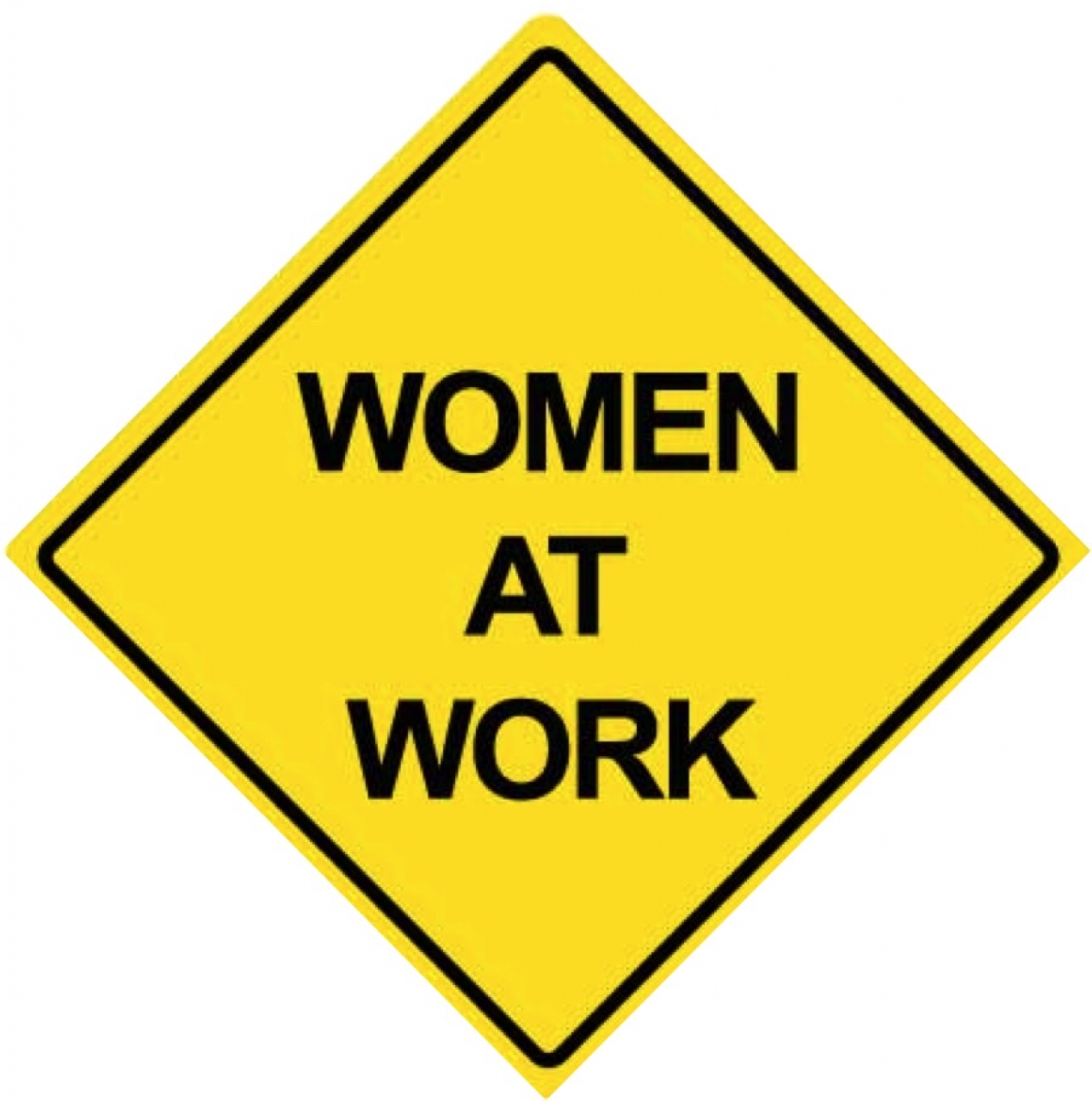It seems the struggle for equality for women in the workplace is still prevalent especially around pay and promotion prospects. So rather depressingly a new study shows that even once a woman gains more authority, it’s not all plain sailing from there.
The research conducted by the University of Texas at Austin found that women in the workplace experience more symptoms of depression as they gain job authority, while the opposite is true for men.
Researchers looked at 1,300 middle-aged men and 1,500 middle-aged women and found that women with the ability to affect pay and fire and hire others had more symptoms of depression than women without such authority. Men with similar authority at work had fewer symptoms of depression than those without, the study reports.
Sociologist Tetyana Pudrovska commenting on the findings said: “What’s striking is that women with job authority in our study are advantaged in terms of most characteristics that are strong predictors of positive mental health,”
"These women have more education, higher incomes, more prestigious occupations, and higher levels of job satisfaction and autonomy than women without job authority. Yet, they have worse mental health than lower-status women.”
One explanation is that women come across more stress factors at work when in positions of power because they are faced with overcoming more stereotypes and resistance to their leadership. Men, on the other hand, don’t appear to face such obstacles.
“Men in positions of authority are consistent with the expected status beliefs, and male leadership is accepted as normative and legitimate,” Pudrovska said. “This increases men’s power and effectiveness as leaders and diminishes interpersonal conflict.”
Dr Ruth Sealy at City University in London said women were often "trapped" by the gendered notion of a good leader. When women adopted traditionally masculine behaviours as leaders they were criticised for being unfeminine, yet colleagues would not believe the women were good leaders if they saw only their feminine characteristics, she added.
Dr Sealy said: "Because we assume men's 'natural' competence as leaders, women often have had to work much harder to get to those positions, only to find that even when they get there, their 'right' to that status is continuously questioned."





